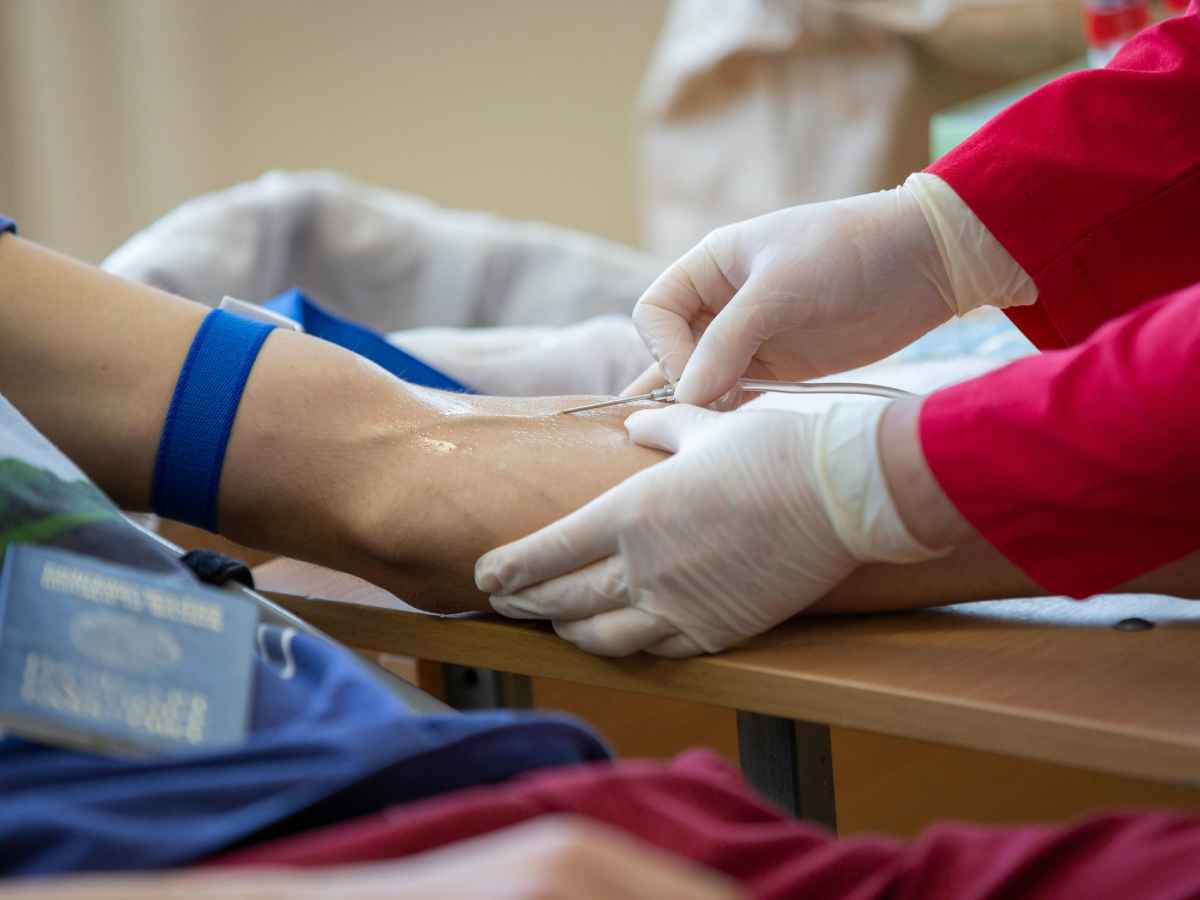World Blood Donor Day is observed every year on June 14. This global event, organised by the World Health Organisation (WHO), aims to raise awareness about the need for safe blood and to honour the selfless donors who save lives every day.
In a bustling metropolis like Delhi, the need for blood is constant and powerful. A consistent supply of blood is critical for everyone, from car accident victims to patients having surgery and those suffering from chronic ailments.
Also Read: World Blood Donor Day 2024: Raising awareness and saving lives
On this day, Patriot addresses some popular myths and provides facts regarding blood donation.
Myth 1: Donating blood increases the risk of contracting HIV and other infections.
Fact: The process of donating blood is completely safe. All blood-collecting equipment, including needles, is sterile and used only once. After each contribution, the equipment is appropriately disposed of to eliminate the threat of infection. Donors are not exposed to any infectious agents during the donation procedure, making it completely safe and hygienic.
Myth 2: Individuals with tattoos or piercings are not eligible to donate blood.
Fact: Individuals with tattoos can donate blood, but they must be aware of certain criteria. If your tattoo was done in a state-regulated institution that employs sterile needles and ink, you should wait for three to 12 months before donating. This waiting period eliminates the possibility of blood-borne illnesses, such as hepatitis. Having piercings does not disqualify you from donating blood. Like tattoos, if your piercing was done with sterile, single-use equipment in a professional setting, you generally need to wait for a short period, typically a few months, before you can donate. This precautionary waiting period helps ensure that there is no risk of infections that could be transmitted through blood.
Myth 3: Women cannot donate blood while they are menstruating
Fact: Women can give blood during their menstrual cycle. Menstruation does not influence a woman’s safety or eligibility to donate blood. They can donate blood safely during their period as long as they feel well and meet all of the basic criteria for blood donation, including proper hemoglobin levels and overall health. If a woman feels especially tired or ill during her menstrual cycle, she may choose to wait until she feels better, but menstruation is not a disqualifying factor.
Myth 4: Donating blood weakens the immune system
Fact: Donating blood does not compromise the immune system. The body swiftly restores the donated blood volume and components, keeping the immune system fully functional. In reality, regular blood donations can have a positive effect on health, such as reducing the risk of specific diseases. Donors are thoroughly checked to ensure their health before donating, making the process safe for both donors and recipients. Regular donors can continue their everyday activities without compromising their immune health.
Myth 5: Blood donation is very painful and time-consuming
Fact: While some donors may feel slight discomfort during the needle insertion, the majority find the pain to be minor and short-term. The entire donation process takes around an hour, which includes registration, medical screening, donation, and recovery. The actual blood collection process often lasts only 10–15 minutes. Despite initial concerns, many donors express a sense of satisfaction and well-being from knowing that their contribution has helped to save lives.
Myth 6: Recovered COVID-19 patients are ineligible to donate blood
Fact: Those who have recovered from COVID-19 may donate blood as long as they fulfil certain requirements, like not having any symptoms for a predetermined amount of time. Donating blood after recovering from COVID-19 is safe and necessary to ensure a sufficient supply of medical treatments, perhaps saving lives. If you have recovered from COVID-19 and are in good health, your donation can have a major impact.
Let’s unite in this global celebration by donating blood, spreading awareness, and encouraging others to join us in making a difference. Together, we can ensure that Delhi continues to have a robust and reliable blood supply, supporting the health and well-being of all citizens.





